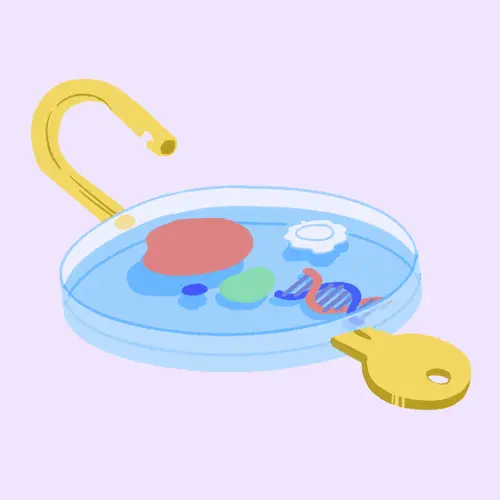A typical steroid, cortisone, a relative of cortisol, an anti-inflammatory hormone made in your body, is an effective treatment against the swelling, warmth, pain, and tenderness from the inflammation caused by lupus. Cortisone is a steroid that works quickly to relieve your symptoms, but it’s more of a last option rather than a first try treatment. This is because of the potential side effects.
The downside of corticosteroids for lupus is the long-term side effects that can be pretty serious. Your doctor will start you on the lowest dose of steroids to try to control your symptoms. Your doctor will also try to keep you on steroids for the shortest amount of time possible.
Steroids can cause a change in appearance as a side effect. Some things to watch for include:
- Acne
- Developing a round or moon-shaped face
- Weight gain from increased appetite
- Swollen face and abdomen but thin arms and legs
- Easy bruising
- Hair growth on your face
Psychological side effects include:
- Irritability and agitation
- Psychosis
- Mood swings
- Insomnia
Corticosteroids work by preventing overactive white blood cells from causing inflammation in your body. Other names for steroid medicines for lupus treatment include:
- Corticosteroids
- Glucocorticoids
- Cortisone
Prednisone is the most common corticosteroid your doctor will prescribe for lupus. However, if you’re having problems with your liver, your doctor may recommend prednisolone.
The type of steroid your doctor will prescribe depends on the severity of your lupus. The most common forms of steroids are pills. If you’re experiencing severe lupus symptoms, your doctor may recommend steroid injections. If you’re having skin problems from lupus, your doctor may recommend a steroid cream or gel.
Corticosteroids are the primary treatment for lupus. If you have lupus, at least at some point in your course of treatment, you’ll be prescribed steroids. With these prescriptions, you’ll need to monitor side effects that may require you to stop steroid use for a while. Common side effects include:
- Infections
- Hypertension
- Hyperglycemia
- Osteoporosis
- Cataracts and glaucoma

